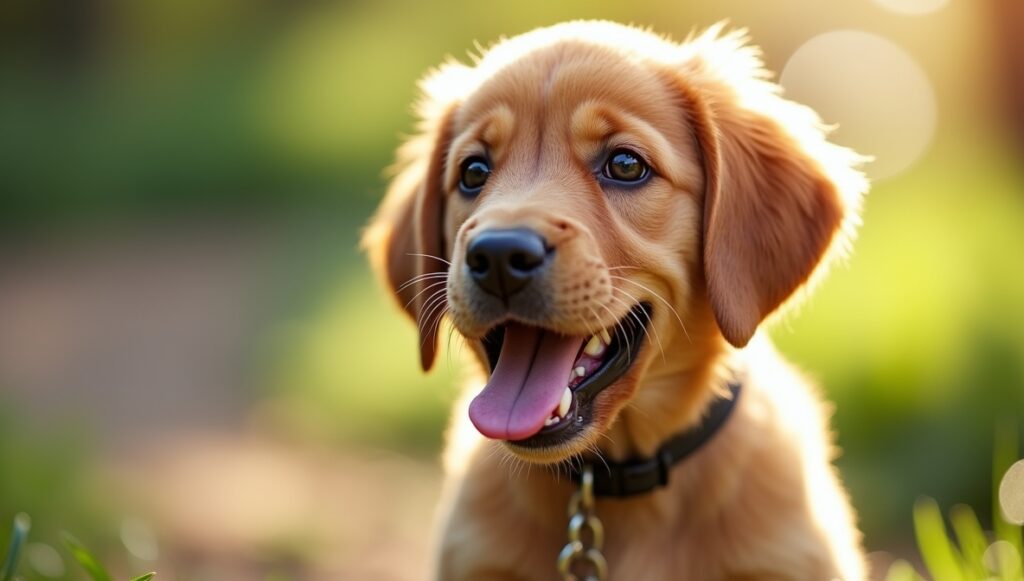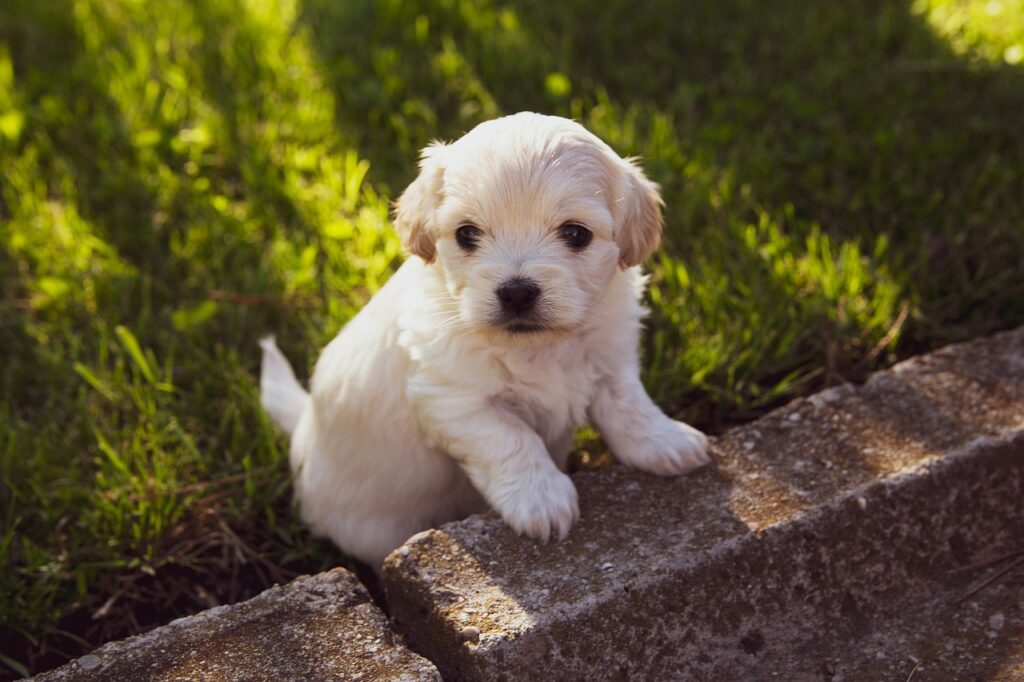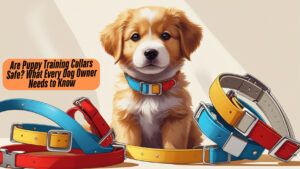Potty training a puppy can feel like a daunting task. The frustrating moments can test your patience, but the rewards of having a well-trained dog are priceless. A clean home and a happy puppy make for a great pair. Understanding the challenges and setting up a solid plan can ease the process considerably.
The Challenges and Rewards of Puppy Potty Training
The Frustration Factor: Why House Training is Tough
Every puppy is different. Some may pick up on potty training quickly, while others may take time. Accidents will happen, and frustration runs high when you least expect it. But remember, each mishap is a learning opportunity for both you and your puppy.
Early Success: Setting Your Puppy Up for Potty Training Success
Starting early can lead to quicker results. Puppies as young as eight weeks old can begin to learn. The key is consistency and positive reinforcement. Reward your puppy when they eliminate outside; this builds a positive association.
Setting Realistic Expectations: Patience is Key
Expect to invest time and energy. It’s not a race. Some puppies may take weeks or even months to fully grasp the concept. Staying calm and encouraging leads to success.
Creating a Potty Training Schedule: Consistency is Key

Establishing a Routine: Feeding, Watering, and Elimination
Creating a schedule helps your puppy understand when it’s time to eat, drink, and go outside. Feed your puppy at the same times daily, as this often leads to predictable potty breaks.
Frequent Trips Outside: The Power of the Schedule
Taking your pup outside every couple of hours is important, especially after meals and naps. Frequent breaks help prevent accidents.
Monitoring for Signs: Recognizing Your Puppy’s Cues
Learn to recognize your puppy’s signs. They may sniff, circle, or whine when they need to go. Be attentive; it will help prevent accidents indoors.
Choosing the Right Potty Training Tools
Crate Training: A Safe and Effective Method
Use a crate to help with potty training. Dogs naturally avoid soiling their sleeping area. The crate should be cozy but not too spacious. This method encourages your puppy to hold it until let outside.
Potty Pads: Convenient, but Not Ideal for Long-Term Success
Potty pads are useful in a pinch, especially for small breeds. They offer a temporary solution but shouldn’t replace outdoor potty breaks as your puppy grows.
Positive Reinforcement Tools: Treats, Praise, and Toys
Stock up on treats and praise! Show your pup they did a great job with positive reinforcement. A toy can also work as a reward after a successful potty outing.
Mastering Positive Reinforcement Techniques
Rewarding Success: The Power of Positive Reinforcement
When your puppy eliminates outside, celebrate! Give praise immediately and offer a treat. Consistent rewards help strengthen good habits.
Addressing Accidents: Gentle Correction and Cleaning
If your puppy has an accident, don’t scold harshly. Calmly clean it up without punishment. Use enzyme cleaners to eliminate odors; this prevents your puppy from returning to the same spot.
Building Confidence: Positive Association with Elimination
Ensure your puppy associates outdoor elimination with positive experiences. Frequent praise and rewards create a happy potty routine.

Accident Management and Prevention Strategies
Cleaning Up Accidents Effectively: Enzyme Cleaners are Essential
Using enzyme cleaners tackles the smell better than regular cleaners. This reduces the chance of your pup going in the same spot.
Identifying Triggers: Stress, Excitement, and Underlying Medical Issues
Watch for signs of stress or excitement that may lead to accidents. If your puppy frequently has accidents, consider visiting a vet to rule out any medical issues.
Dealing with Setbacks: Staying Positive and Consistent
If setbacks occur, don’t panic. Stay consistent with your routine and techniques. Remember, potty training is a journey.
Advanced Potty Training Techniques and Troubleshooting
Nighttime Potty Training: Strategies for Overnight Success
To tackle nighttime potty training, cut off water a couple of hours before bed. Take your puppy out right before settling for the night.
Dealing with Stubborn Puppies: Addressing Resistance
Some puppies resist potty training. If your pup seems more stubborn, increase the number of outdoor trips and try different rewards to spark interest.
Seeking Professional Help: When to Consult a Veterinarian or Trainer
If you’re struggling, don’t hesitate to seek professional help. Trainers can offer tailored advice, and veterinarians can check for health issues.
Conclusion: Celebrate Your Success and Maintain Consistency
Mastering puppy potty training requires patience and consistency. Celebrate the victories, no matter how small. Stay engaged in your pup’s progress and maintain a structured routine.
Key Takeaways: Reinforcement, Patience, and Consistency
Your efforts will pay off. Reinforce successes and remain patient. Consistency is vital for your puppy to learn effectively.
Long-Term Potty Training Maintenance: Continued Positive Reinforcement
Even after training is successful, keep using positive reinforcement. This will maintain good habits throughout your dog’s life.
Resources: Books, Websites, and Professional Trainers
Explore books and websites dedicated to puppy training. Professional trainers can also help provide hands-on guidance during the process.
With patience and a consistent approach, you’ll have a well-trained puppy in no time. Happy training!




